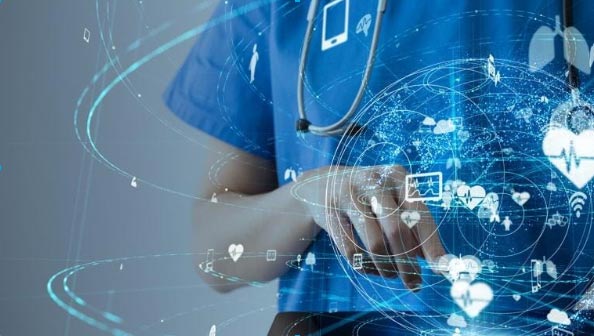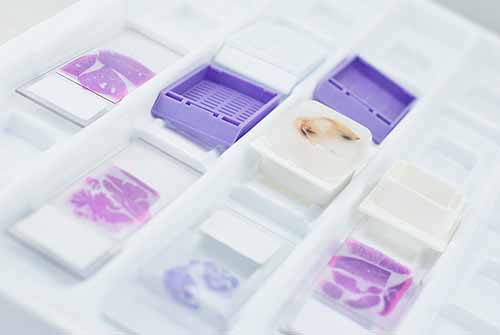Artificial Intelligence & Forecasting Diseases
AI and Forecasting Kidney Disease
AI is increasingly being used by healthcare providers in providing emergency and
critical care. In the last few years it has firmly put its roots in the healthcare domain.
It’s now well adapted by the healthcare providers in advanced nations. It shall soon
be a mainstream norm and more advanced technologies are getting developed.
Acute kidney injury (AKI) may be difficult to detect by clinicians and may aggravate
very fast to become life-threatening. With an estimated 11% of deaths occurring in
the hospitals owing to AKI, an early diagnosis and treatment can have a huge impact
in reducing life-long treatment and the cost of kidney dialysis.
DeepMind Health and The Department of Veterans Affairs (VA), have created a tool,
that can identify more than 90% of acute AKI cases 48 hours earlier than with
traditional care methods.
AI & ML in Emergency Care
During a sudden heart attack, the time between the call to the emergency and
ambulance arrival is crucial for recovery. AI can analyze the clues, to establish the
diagnosis of a cardiac arrest and increase the probability of the patient’s survival by
helping the emergency dispatchers to take appropriate measures.
Corti’s AI tool that assists emergency medicine staff by analyzing the voice of the
caller, background noise and relevant data from medical history of the patient.
Based on this learning, Corti keeps improving its model as an ongoing process. Corti
has developed a rechnology that can detect and analyze various background noise
and clues from the caller or the patient sounds in the background.
Corti alerts emergency staff if it detects a heart attack. Like other ML technologies,
Corti does not search for particular signals, but it trains itself by listening to many
calls in order to detect crucial factors.
In many instances, emergency dispatchers were able to identify a cardiac arrest
based on the description provided by the caller. However Corti did better. A small-scale study conducted, revealed that it’s ML models were able to quite accurately
analyze the background noise and sounds. It recognized cardiac arrest calls better than human dispatchers. Research showed that emergency dispatchers in
Copenhagen recognized cardiac arrests on the phone in about 73% of cases, but
Corti AI application could detect them 95% of the time. In a cardiac arrest, the whole
heart stops beating, whereas a heart attack is caused by a blockage in the supply of
blood to part of the heart.
ML can play an essential role in developing AI applications which shall support
emergency medical staff. In the future, medical units could use the technology to
respond to emergency calls with automatic defibrillators equipped drones or with
CPR-trained volunteers, which would increase the chances for survival in cases of
cardiac arrest that take place in the community.
Disclaimer: All contents and images belong to the respective copyright owners. This
blog is not for profit and is only to create awareness of AI technology in the healthcare
domain.







